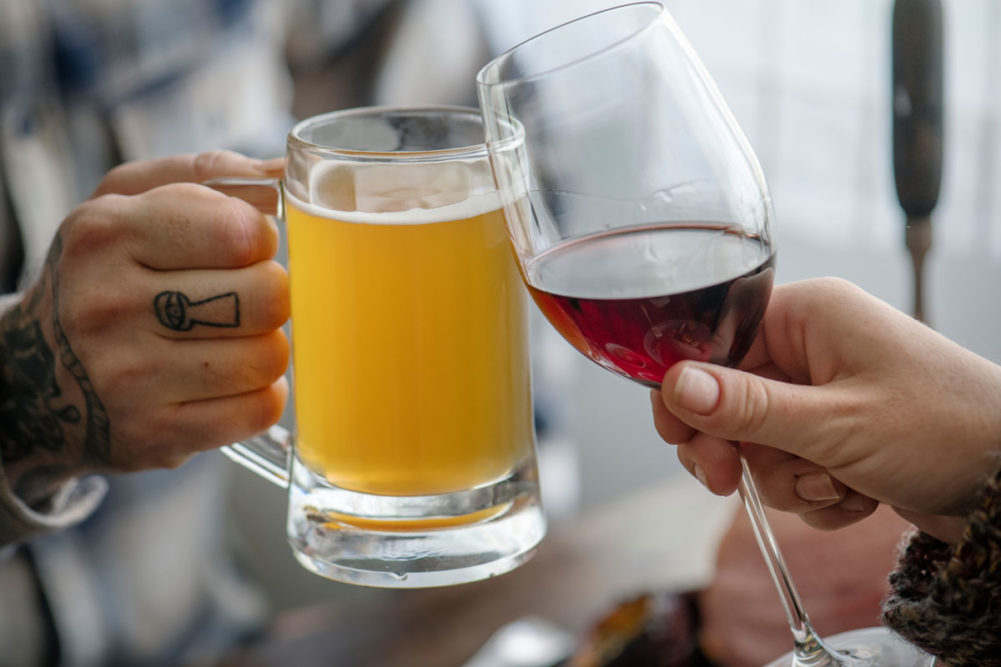WASHINGTON— While fewer consumers plan to participate in Dry January this year, those who are participating are more likely to abstain from alcohol completely, according to data from Morning Consult.
The decision intelligence company found Dry January participation decreased four percentage points, from 19% in 2022 to 15% in 2023. Health remains the primary driver, with 90% of participants interested in the health benefits that come with reducing or eliminating alcohol for the month. Cost savings following an economically tumultuous 2022 also are an important factor, with 73% of participants trying to save money by drinking less.
With the rise of cost-conscious consumers, the likelihood that Dry January participants will purchase non-alcoholic wine, beer or cocktails has declined by more than half across all categories.
“In many cases, these beverages are now a much closer one-for-one substitute on taste, but they are also increasingly a one-for-one substitute on cost,” said Emily Moquin, food and beverage analyst at Morning Consult.
Fewer drinkers overall may be a factor contributing to lower participation. Sixty-two percent of millennials said they drink alcohol in December 2022, down from 69% in 2021, translating into fewer potential Dry January participants.
“At the same time, a convergence of factors may have made January 2022 a particularly appealing moment to give Dry January a go, including nearly two years of pandemic weight gain and a desire to hibernate at home (and more canceled social events) during the US omicron surge,” Ms. Moquin said.
Morning Consult found awareness around Dry January remains high, with a quarter of US adults agreeing they’ve heard, seen or read about the movement to reduce or eliminate alcohol in the first month of the year. Last year, 21% of adults said the same.
Retention of previous participants also remains high. Nearly three-quarters (72%) of consumers who said they previously participated in Dry January are participating again this year, according to Morning Consult.
“There’s clearly a core group of participants who find perennial value in the benefits of the monthlong break from drinking alcohol,” Ms. Moquin said.
While participation is down overall, those who are participating in Dry January in 2023 are more likely to plan on completely avoiding alcohol. Seven in 10 participants said they will abstain from alcohol throughout the month, instead of taking a modified approach that allows for more flexibility and occasional consumption.
“It’s possible that more ‘sober curious’ drinkers experimented with Dry January last year, boosting the overall participation rate and the share who said they would take a more moderate approach to the month as opposed to abstaining completely,” Ms. Moquin said.
Consumer habits beyond Dry January are likely to include more moderation in the year ahead, she predicted. Morning Consult found 22% of drinkers plan to take a monthlong break from alcohol at some point in the year, and approximately 30% expect to drink less in 2023 compared to 2022.
“Despite lower participation rates in Dry January for 2023, the moderation movement is still going strong,” Ms. Moquin said. “In fact, moderated drinking is likely one of the factors dampening participation. The first month of the year is no longer the only time people are abstaining.”




